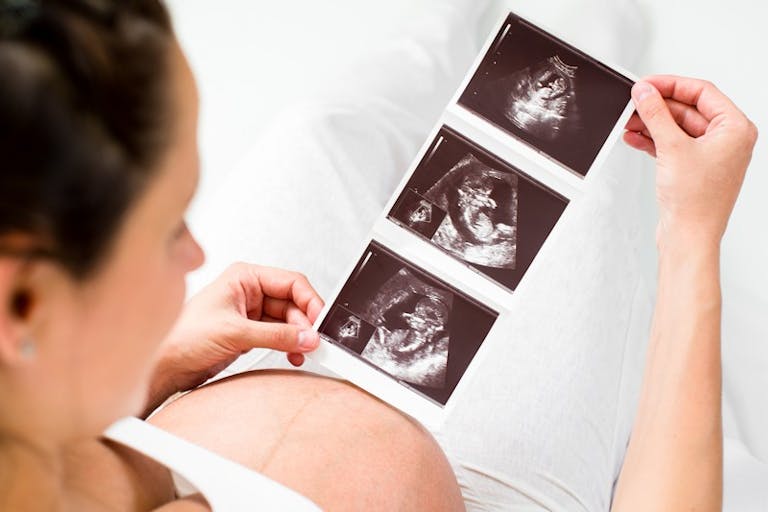
New Archbishop of Canterbury warns of danger in legalizing assisted suicide
Nancy Flanders
·
Counselor prevents abortion minded women from seeing sonograms of their babies
Genetic “counselors” are medical personnel that walk women and their partners though testing (usually amniocentesis) to see if their unborn babies have a genetic illness or disability. If a woman is at risk for having a baby with a disability, or if they already know that they are pregnant with one, these genetic counselors are supposed to be unbiased in helping them decide whether or not to abort. In reality, there are subtle ways that this type of “counselor” can influence a woman’s decision.
From one genetic counselor:
As a counselor, I consider it my job to accompany my patients to everything. The sonographer here at City is a right to lifer. When he knows someone has a positive diagnosis, that they are going to abort, he hands them a photo of the fetus. Imagine being forced to take it, to take that picture, when you know the pregnancy is Down’s, you know you’re going to abort!
Genetic counselor Felicia Arcana
Abortion proponents and providers know the power of ultrasound, and many of them have the desire to shield women from seeing the truth about their unborn babies. Clearly, this activist doesn’t want the woman to be swayed against abortion. One might think that a woman would want (and a medical professional provide) every single bit of information she can get about her own body and her pregnancy that affects her health and future. But abortion proponents encourage women to make these decisions without seeing their babies on an ultrasound and knowing the development of their child.
Even if a woman is reluctant to see an ultrasound of her baby, what happens when years down the line she becomes pregnant again, sees that ultrasound, and realizes that the “product of conception/tissue/collection of cells” that she aborted has a face and hands, and little arms and legs? Isn’t it better to know all the facts when one still has a choice? Because many women discover the truth about how developed their babies were when it is too late for them to take back their abortions. Sadly, I have read many such stories and testimonies.
Not only does this counselor believe that women shouldn’t get all the relevant information before having an abortion, she does not trust women’s ability to make decisions for themselves- including the decision of whether or not to accept and look at picture they are offered.
Source: Rayna Rapp Testing Women, Testing the Fetus: the Social Impact of Amniocentesis in America (New York: Routledge, 1999) 67
Live Action News is pro-life news and commentary from a pro-life perspective.
Contact editor@liveaction.org for questions, corrections, or if you are seeking permission to reprint any Live Action News content.
Guest Articles: To submit a guest article to Live Action News, email editor@liveaction.org with an attached Word document of 800-1000 words. Please also attach any photos relevant to your submission if applicable. If your submission is accepted for publication, you will be notified within three weeks. Guest articles are not compensated (see our Open License Agreement). Thank you for your interest in Live Action News!

Nancy Flanders
·
Analysis
Cassy Cooke
·
Analysis
Nancy Flanders
·
Newsbreak
Angeline Tan
·
Human Interest
Nancy Flanders
·
Issues
Nancy Flanders
·
Guest Column
Sarah Terzo
·
Abortion Pill
Sarah Terzo
·
Guest Column
Sarah Terzo
·
Guest Column
Sarah Terzo
·
Guest Column
Sarah Terzo
·